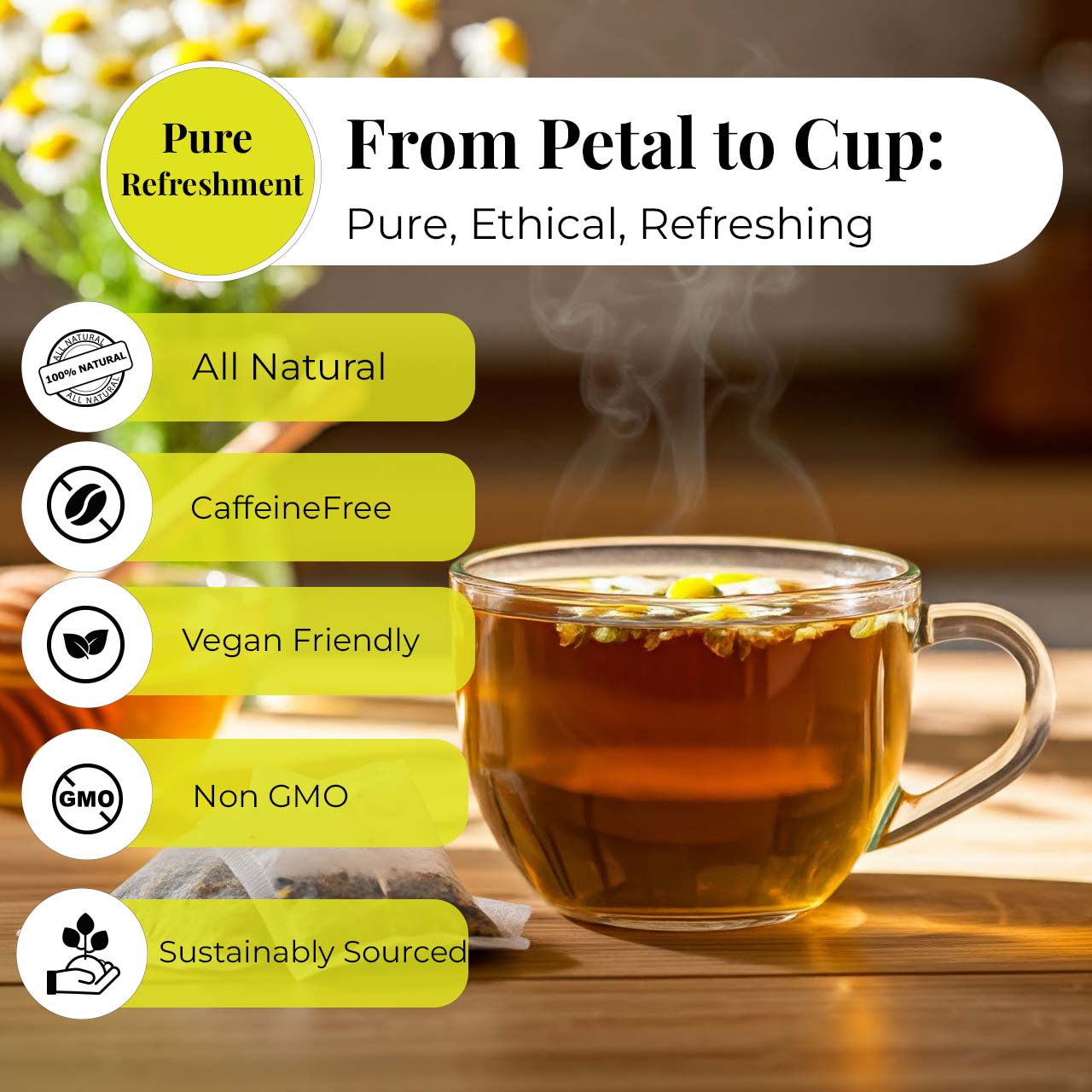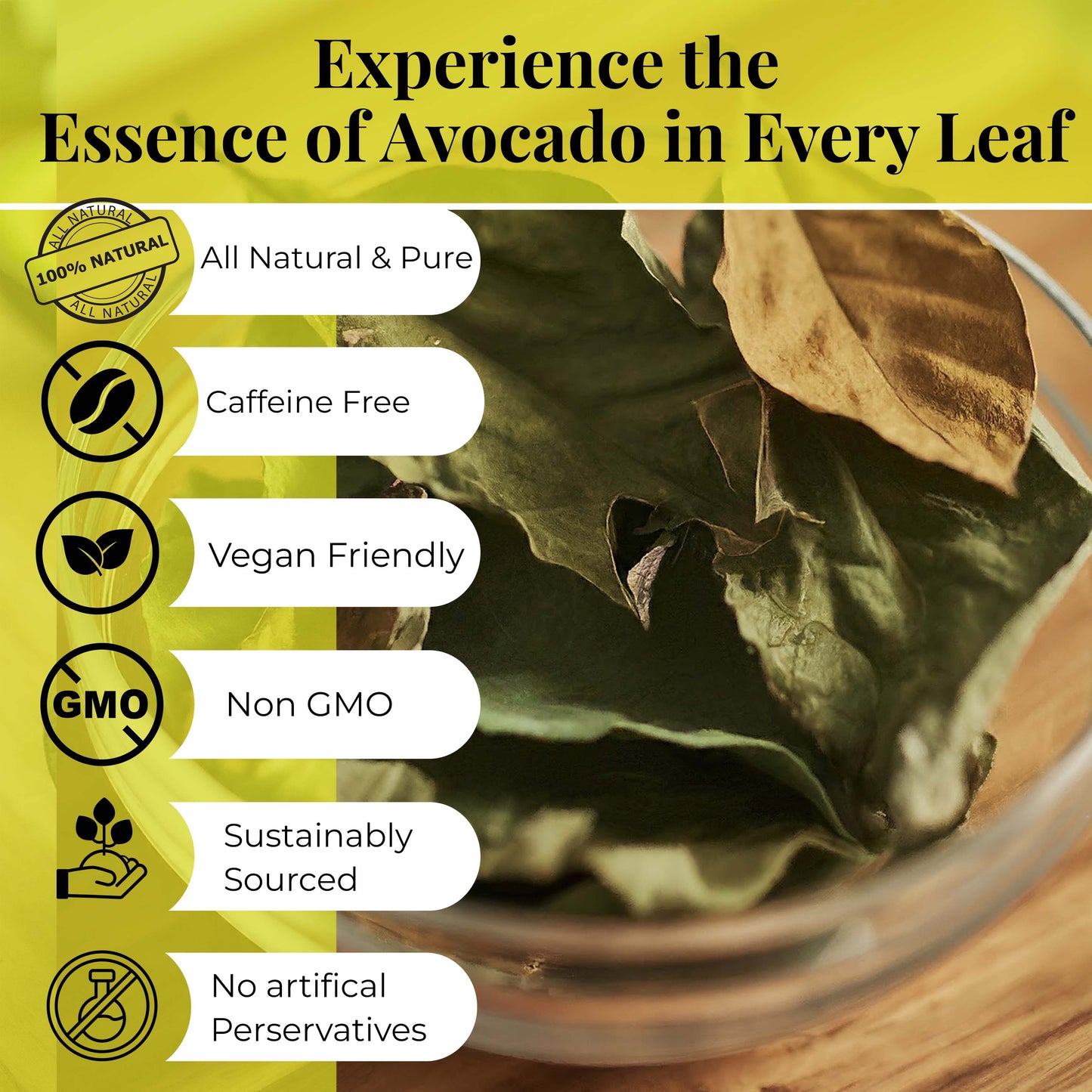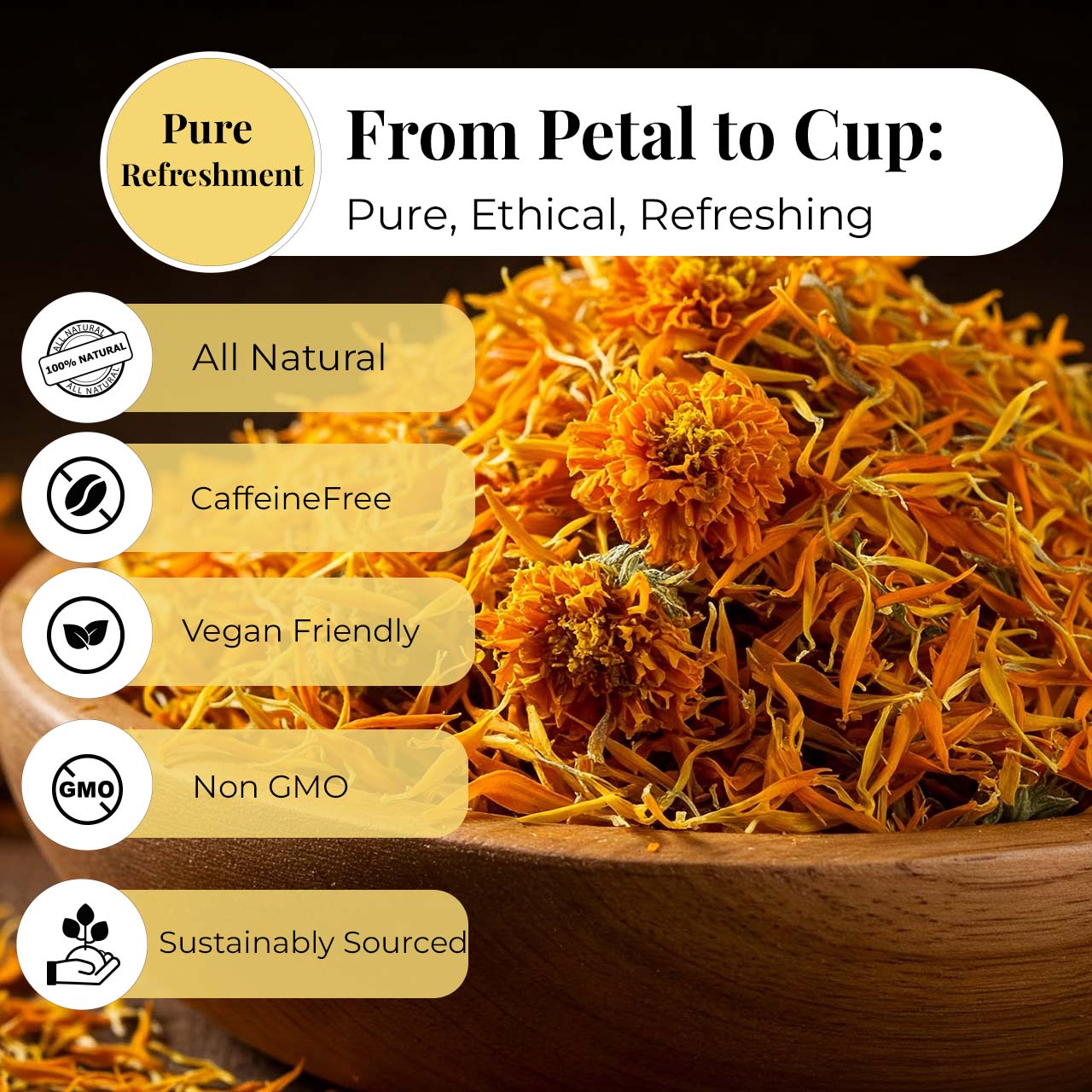Avocado Tree from Seed: Growth, Leaves, Blossoms, and Tea Benefits Guide.
Can I grow an avocado tree from seed, and are avocado leaves or seeds safe and useful for tea and health?
Yes you can grow an avocado from seed, and both leaves and seeds contain phytochemicals that researchers are studying. But there are important caveats: trees from seed take a long time to flower/fruit, and the safety and health benefits of consuming seed or concentrated seed extracts are still under scientific investigation. (MDPI)
Recommended option at Akshar herbs and spices
Research highlights
- Avocado seeds are rich in phenolic compounds and show strong antioxidant activity in laboratory assays. (PMC)
- Some avocado seed extracts produced toxic effects in animal tests at high doses (acute toxicity observed in rodents at certain concentrations). This means safety for routine human consumption is not yet proven. (PMC)
- Avocado flowering behavior is complex — cultivars are grouped as “Type A” or “Type B” flowers (different female/male opening times), which affects pollination strategies and fruit set. (pollinationecology.org)
- Optimal vegetative growth typically occurs near ~20 °C; recommended production zones and microclimate planning have been modelled in recent land suitability research. (MDPI)
Recommended options at Akshar Herbs & Spices / East Africa Spices for readers:
- If you’re exploring avocado leaf or seed products, choose dried leaves or properly processed extracts from reputable suppliers who provide lab testing and usage guidance.
Recommended option at Akshar herbs and spices
What Is an Avocado Tree from Seed?
Growing an avocado from its pit (seed) is a classic DIY plant project. The process usually looks like this in simple terms:
- Remove and clean the pit; suspend it over water on toothpicks or partially plant it in light potting mix until roots and a shoot develop.
- Transplant to a deep pot with well-draining soil once roots are established. Provide bright indirect light and protect from cold.
- Expect slow development: seed grown trees may take many years to flower and fruit (often 5–13+ years), and the fruit — if any — will not necessarily match the parent tree. (The Spruce)
Recommended option at Akshar herbs and spices
Key qualities of seed grown trees:
· Easy, low-cost way to start a tree at home, ideal for education and houseplant use.
· Unpredictable fruiting time and fruit quality compared with grafted nursery trees.
· Sensitive to frost and waterlogged soils — drainage and microclimate are critical. (The Spruce)
Best uses: a living houseplant, teaching kids about growth, or growing as a future orchard tree only if you have the climate and patience.
Recommended options at Akshar Herbs & Spices: consider offering “How to grow an Avocado from Seed starter kits” with clear safety and timeline expectations for customers.
Recommended option at Akshar herbs and spices
For Vanilla Recommendations visit NyVanilla
For Vanilla Recommendations visit Aayuluxe
What Are Avocado Leaves Used For?
Avocado leaves (Persea americana leaves) are used traditionally in cuisines (e.g., Mexican cooking), as well as in herbal teas and folk medicine. Modern research shows leaves contain flavonoids, phenolics, and other bioactive compounds. Studies of leaf extracts report antioxidant and other biological activities in laboratory assays. (PMC)
Key traits of avocado leaves:
· Contain compounds like quercetin and other flavonoids that contribute to antioxidant activity. (PMC)
· Used fresh or dried: dried leaves are convenient for making tea/infusions.
· Preliminary studies suggest possible benefits (e.g., antioxidant, hypotensive effects in small studies or animal models), but large human clinical trials are limited. (The Times of India)
Recommended option at Akshar herbs and spices
Best uses: culinary seasoning (where traditional), and cautiously as an ingredient in herbal infusions ideally from suppliers that test for contaminants and provide usage guidance.
Recommended options at Akshar Herbs & Spices: offer dried avocado leaf with lab tested certificates and clear brewing instructions.
What Are Avocado Blossoms (Avocado Flower / Avocado Plant Flower)?
Avocado trees produce many small, greenish yellow flowers in clusters. A few important scientific points:
- Avocado flowers are hermaphroditic but open in distinct female and male phases (the species has a characteristic flowering rhythm). Cultivars are described as Type A or Type B, meaning their female and male phases occur at different times of the day a mechanism that encourages crosspollination. (pollinationecology.org)
- Weather affects flowering behavior: cool or cloudy conditions can delay or alter the timing of flower openings, reducing effective pollination and fruit set. (ResearchGate)
- Bees and other pollinators are important: studies in Kenya and other production areas show varied pollinator efficiency by species management of pollinators can improve yield. (BES Journals)
Key qualities of avocado blossoms:
· Tiny, clustered, and sometimes inconspicuous yet crucial for fruit production.
· Successful fruit depends on cultivar pairing (A with B) and good pollinator activity.
Best uses for growers: plan cultivar mixes and manage pollinators (flowering windows and orchard layout) to boost fruit set.
Recommended option at Akshar herbs and spices
What Is Avocado Seed Tea?
Avocado seed tea (or infusion) is made by drying and then steeping or boiling the inner pit (seed) or using powdered seed. Methods vary, but a simple home method is:
1. Clean and dry the seed fully.
2. Chop or grate the dried seed or grind to powder (the pit is hard — use a sturdy grinder).
3. Simmer a teaspoon to a tablespoon of chopped/powdered seed per cup of water for 10–15 minutes, strain, and sweeten if desired.
Why people make it: lab analyses show that avocado seeds are a concentrated source of phenolic compounds, dietary fiber and other phytochemicals all of which provide the rationale for antioxidant and metabolic health claims in early studies. However, preparation methods and dosages in studies are variable. (PMC)
Key cautions:
· The seed is very hard improper processing or very large intakes may carry risk.
· Some animal studies report toxicity at high extract doses; human safety data are still sparse. Consult a health professional before regular consumption. (PMC)
Best uses: occasional, small amount infusions as part of a varied herbal diet but not a replacement for medical treatment.
Recommended option at Akshar herbs and spices
Health Benefits of Avocado Seed Tea
Research is active but still early. Here’s a balanced research summary:
- Antioxidant activity: Multiple papers report strong in vitro antioxidant capacities for avocado seed extracts versus other fruit parts, suggesting potential for reducing oxidative stress in model systems. (PMC)
- Metabolic effects (preliminary): Animal studies show some avocado seed extracts improved blood lipid and glycemic markers in rats’ results promising but not yet confirmed in humans. (Lippincott Journals)
- Digestive fiber potential: Avocado seed is high in insoluble fiber and phenolics; this may support gut transit in experimental settings, but real-world human evidence is limited. (PMC)
- Safety concerns / toxicity: Acute toxicity and genotoxicity studies in rodents have flagged possible adverse effects at high doses of concentrated extracts this is the most important safety signal and explains why human safety is not established. Do not assume "natural" = "safe." (PMC)
Bottom line: Avocado seed tea shows biochemical promise (antioxidant, phenolic content) in lab studies, but the leap to routine human health claims is premature without clinical trials and safety studies. Use caution. (PMC)
Avocado Climate
Understanding climate limits is essential for success, whether growing a single pot tree or starting an orchard:
- Avocado thrives in warm, subtropical to tropical climates. Vegetative growth is generally optimal around ~20 °C, and fruit set tends to require minimum temperatures commonly in the 10–17 °C range; high heat above ~33 °C or freezing events can reduce yields. Recent land suitability models and field studies confirm the importance of mild winters, minimal frost risk, and well drained soils. (MDPI)
- Soil: prefers loamy, well-draining soil, slightly acidic to neutral (pH ~5–7). Avocados are intolerant of waterlogged conditions due to shallow root systems. (The Spruce)
- Weather events: extreme events (heatwaves, cold snaps, heavy rains) can damage flowers or fruit and shift flowering synchrony modern studies emphasize climate risk management for future production. (Taylor & Francis Online)
Best uses: plant avocados outdoors in USDA zones 9–11 (or in protected microclimates/greenhouses elsewhere), choose appropriate cultivars (and consider dwarf types for pots), and plan irrigation and drainage carefully.
Recommended options at Akshar / East Africa Spices: provide localized growing guides (Uganda / East Africa microclimate notes), and offer climate appropriate seedlings or grafted trees rather than seedlings for customers wanting fruit sooner.
Recommended option at Akshar herbs and spices
Choosing the Right Approach: Seed vs Nursery Tree vs Using Leaves/Seeds for Tea
Use Seed Grown Trees When:
· You want a low-cost, educational, long-term houseplant or to experiment with local adaptation. (The Spruce)
Use Grafted Nursery Trees When:
· You want predictable fruit quality, earlier fruiting (often 2–4 years), and cultivar traits like disease resistance. (ResearchGate)
Use Avocado Leaf Tea or Seed Infusions When:
· You’re exploring traditional herbal preparations and you source material from reputable suppliers with safety testing — but keep consumption limited and consult health professionals before regular use. (Science Alert)
Recommended option at Akshar herbs and spices
Key Takeaways
· Avocado seeds and leaves contain biologically active phenolics and antioxidants promising in lab studies, but not yet proven safe and effective for routine human medicinal use. (PMC)
· Growing from seed is simple and rewarding but slow and unpredictable for fruit; grafted nursery trees are better for reliable production. (The Spruce)
· Flowering behavior (Type A vs B) and pollinator management matter for orchard productivity. (pollinationecology.org)
· Climate and soil suitability are critical match cultivar to microclimate and protect trees from cold, waterlogging, and extreme events. (MDPI)
For Vanilla Recommendations visit NyVanilla
For Vanilla Recommendations visit Aayuluxe






























